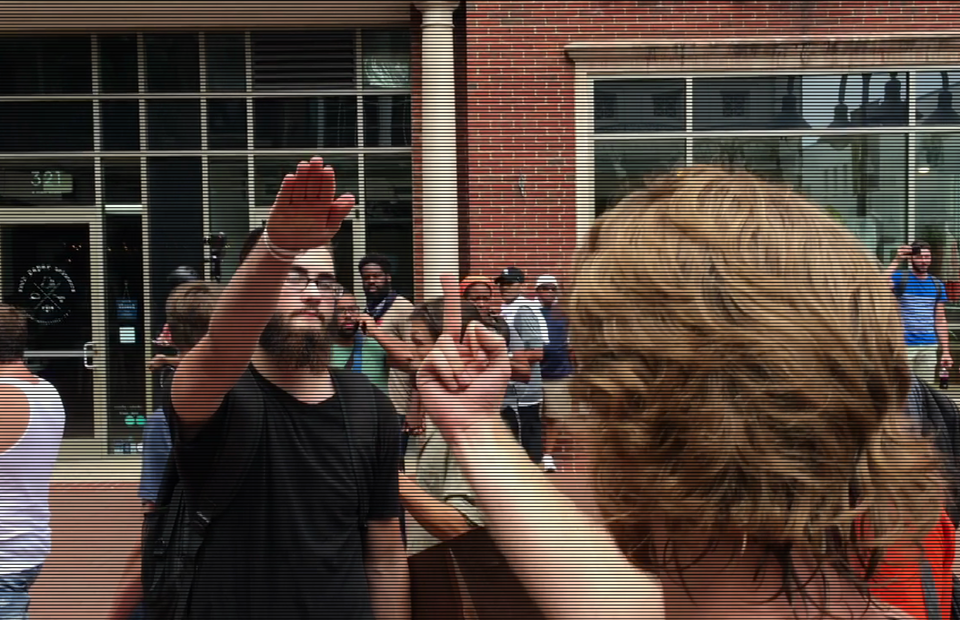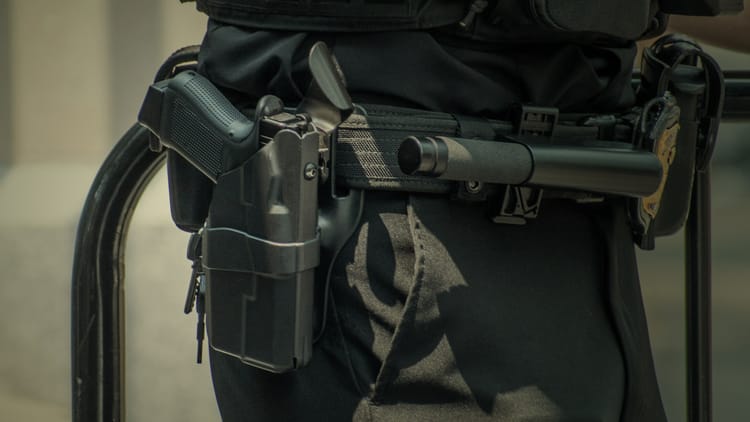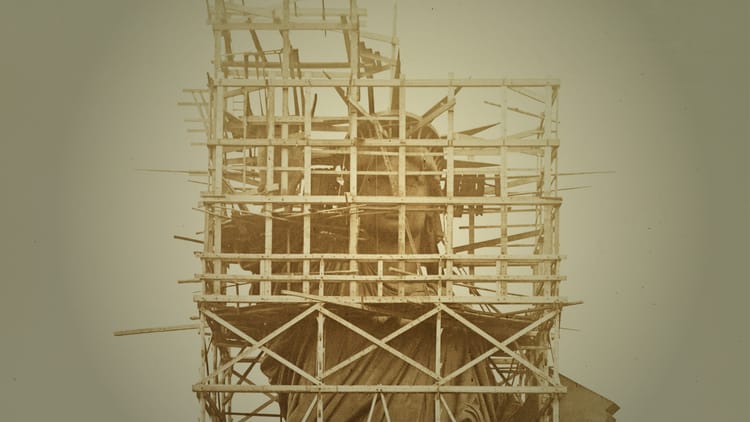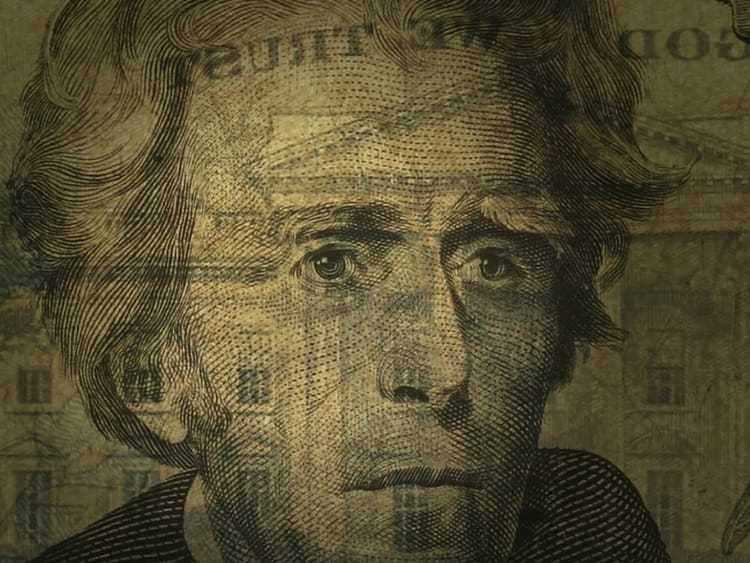Unspeakable

A jury held a number of white supremacists and hate groups liable this past week for more than $25 million in damages over their role in the avowedly peaceful but ultimately deadly “Unite the Right” rally in 2017. The gathering of neo-Nazis, neo-Confederates, and other far-right factions helped to define U.S. politics in the Trump era, especially after a white supremacist killed a young counter-protester, Heather Heyer, and injured many others by plowing his car through a crowd. Donald Trump, then in his first year as president, infamously said that there were “very fine people on both sides” of this conflict. Joe Biden later opened his campaign to unseat Trump by recounting the events of Charlottesville, declaring that Americans were in a “battle for the soul of this nation.” After Tuesday’s verdict, Heyer’s mother, Susan Bro, told CNN, “The defendants seemed to want to argue that their speech was protected by First Amendment rights, and I would say speech is protected. Action from that speech is not protected.” What does this new verdict mean for the changing relationship between the ideas of free expression and violent action in the United States?
Nadine Strossen was the president of the American Civil Liberties Union for 17 years, from 1991 to 2008. Strossen sees this trial as a vivid illustration of the difference between free speech and violence—and as a demonstration of how to hold people accountable for the latter without restricting the former. Strossen acknowledges that proponents of suppressing hateful speech cited the violence in Charlottesville as a justification in its immediate aftermath, but, she says, “those arguments have faded,” especially as Americans are able more clearly to see the legal distinction between “protected, albeit despised, speech” and “unprotected speech that contributes to actually discriminatory and violent conduct” …
Graham Vyse: What exactly did the jury find the rally organizers liable for here—and on what basis?
Nadine Strossen: This was a civil damages action brought by private plaintiffs—individuals who allege they were injured by participants in the Unite the Right rally in Charlottesville in August of 2017. The plaintiffs invoked a federal statute and some state statutes, both of which allow civil liability against people who have conspired to—under the federal statute—deprive people of civil rights based on racial animus and—under the state statutes—engage in a hate crime, intimidate, or harass based on discriminatory reasons.





